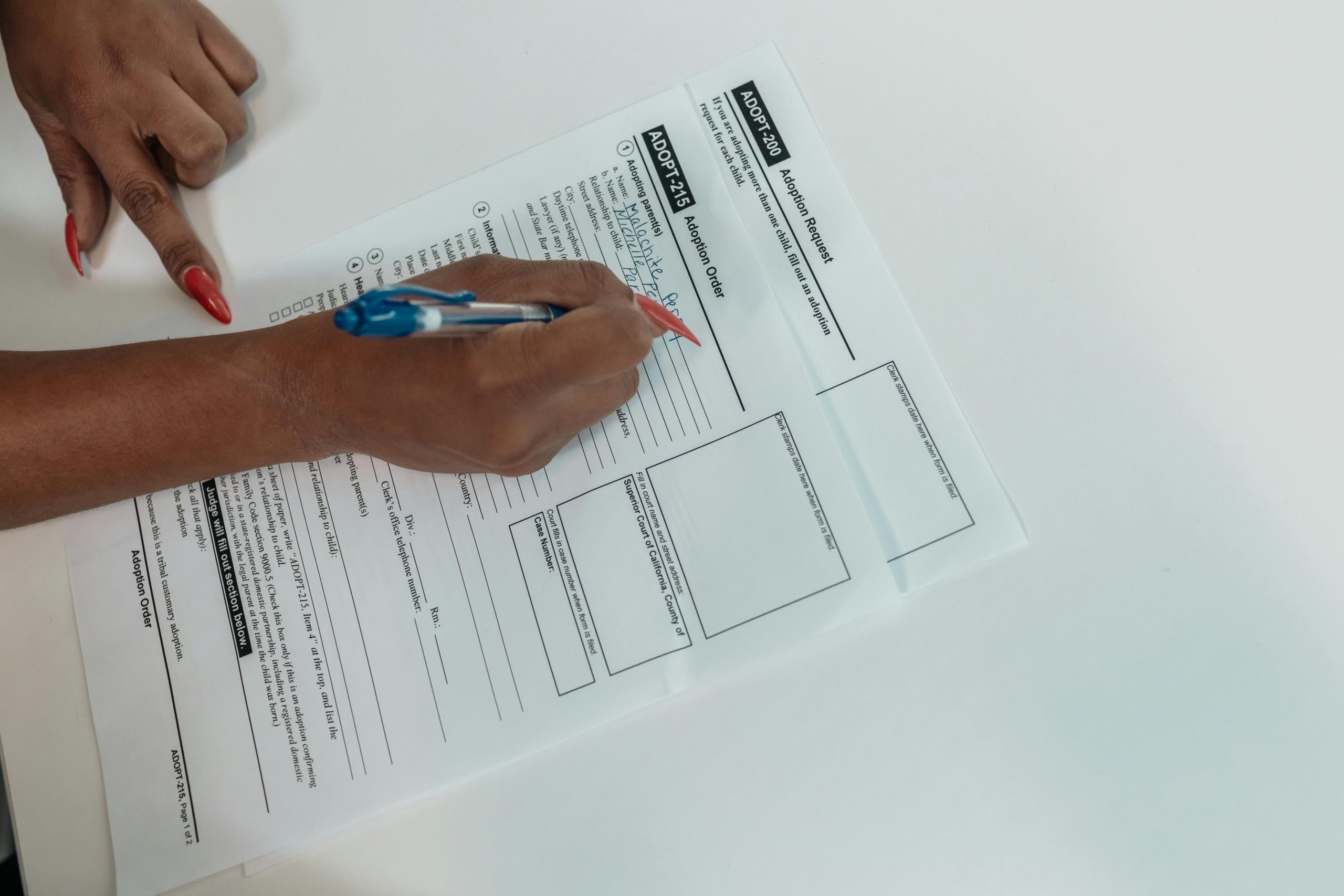Understanding Post-Accident Vehicle Repair Challenges: What Are Your Rights?
Navigating the aftermath of a car accident can be complex, especially when dealing with repair complications and insurance issues. Recently, a vehicle owner shared their experience after being rear-ended at no fault of their own, highlighting common frustrations that many drivers face during the repair process.
The Incident and Initial Repair
The owner was involved in a rear-end collision caused by another driver. Liability was clearly established, and the at-fault driver’s insurance accepted responsibility. The vehicle was taken to an approved repair facility, primarily to address damages to the rear bumper and backup camera system. Prior to repairs, the vehicle was functioning perfectly—performed with regular maintenance, it operated smoothly without issues.
Unexpected Post-Repair Problems
After what was expected to be a standard repair process, the owner was informed that the vehicle was ready for pickup. However, upon retrieval, they discovered that the car would no longer start. The repair shop attributed the problem to an electrical wiring issue, which they denied responsibility for, stating the damage was unrelated to their work. They even instructed the owner to arrange for towing and repair out-of-pocket, leaving them with unexpected costs and a non-operational vehicle.
Disputes with Insurance and Repair Shops
The situation is further complicated by the insurance company’s stance. Once liability was established, the owner expected the insurer to handle the repair costs and any related issues. Instead, the insurer shifted blame, denying responsibility for the electrical malfunction. This leaves the owner feeling stranded—faced with potential repair expenses and no clear recourse.
Key Takeaways and Next Steps
This scenario underscores important considerations for drivers involved in accidents:
-
Document Everything: Keep detailed records of vehicle conditions before and after repairs, along with all communications with repair shops and insurance providers.
-
Understand Your Rights: Typically, repair shops are responsible for damages caused during repairs. If a new issue arises, especially one linked to the repair work, they may be liable.
-
Consult with Experts: If insurance companies refuse responsibility, consider seeking advice from an automotive professional or legal counsel to understand your options.
-
Persistent Follow-Up: Insurance claims can sometimes stall or be denied. Persistent communication and formal appeals can be vital.
Has anyone experienced similar issues following vehicle repairs after an accident? Sharing insights or advice can be invaluable for those facing unexpected procedural roadblocks and repairs that seem to be unfairly shifted onto the vehicle owner. Knowing your rights and options empowers you to



